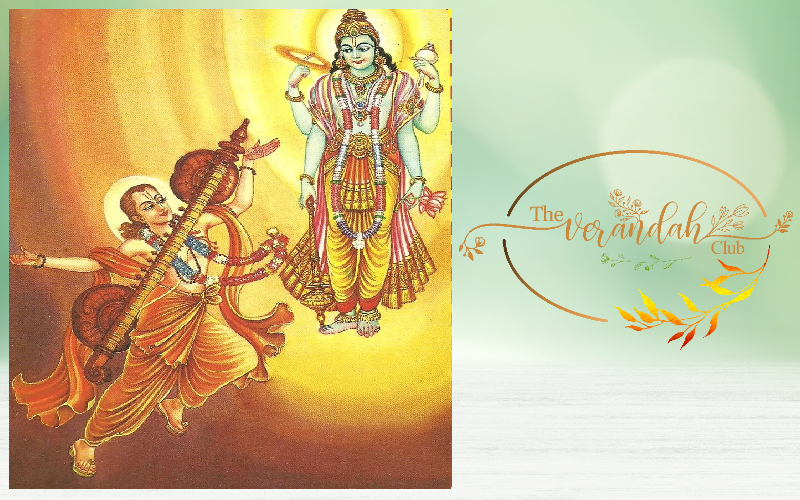
One day Sage Nārada, chanting the holy name of Lord Nārāyaṇā, visits Vaikuṇṭa to meet the Paramātma. Refraining the Aśtākṣara mantra, Nārada salutes the Lord and gets his blessings. The Lord knows it beforehand that Nārada usually visits Vaikuṇṭa with a purpose. And Nārada asks the Lord,
“Bhagavān, I have a doubt?”
The Lord replies him immediately, “O Nārada! It’s a surprise that you have come up with a doubt and also curious about the confusion that you’ll carry with it. Hopefully, Nārada, your doubt gets solved and brings in positivity as usual. Please proceed with your doubt.”
“Bhagavān, what is the benefit that one gains on seeing Sādhu-s, saints, and holy people?” asks Nārada curiously.
The Lord replies, “Nārada, you’ve put forth an important question, it is must to know the answer.”
“Yes, Bhagavān, for the sole reason of understanding the significance of what I asked I’ve come to you,” politely replies Nārada.
“Nārada, look at that village in earth. Can you find a crown flower plant (‘YerukkalAm Chedi’ in Tamil) there?”
“Yes, Svāmi. I can spot it from here.”
“Now, try to look under that leaf in the plant. There’s a newborn worm. Go, ask this same question to that worm and you’ll immediately get the answer.”
Thanking the Lord, Nārada visits the newborn worm in the crown flower plant at once.
He asks the worm, “Hey wormie! Please tell me, what is the benefit that one gains on seeing Sādhu-s, saints, and holy people?”
The worm looks deeply at Nārada, twitches its little hands, falls to the ground, and dies. Nārada is greatly shocked on looking at what happened to the worm. He immediately rushes back to Vaikuṇṭa.
“Svāmī! Svāmī! You know what happened? The little worm is dead.”
“Don’t bother much, Nārada. Now, look at earth. Can you find that large banyan tree? On the branches of the tree, there’s a newborn bird. Go, ask that newborn bird, it will give you the answer,” says the Paramātma. Nārada immediately leaves to earth to visit the newborn bird.
Nārada looks at the colorful, cute, little bird and asks it, “Hey birdy! please tell me, what is the benefit that one gains on seeing Sādhu-s, saints, and holy people?”
The newborn bird too looks closely at Nārada, flutters its wings, and succumbs to death. Nārada gets greatly disappointed at the sight. He again rushes back to Vaikuṇṭa.
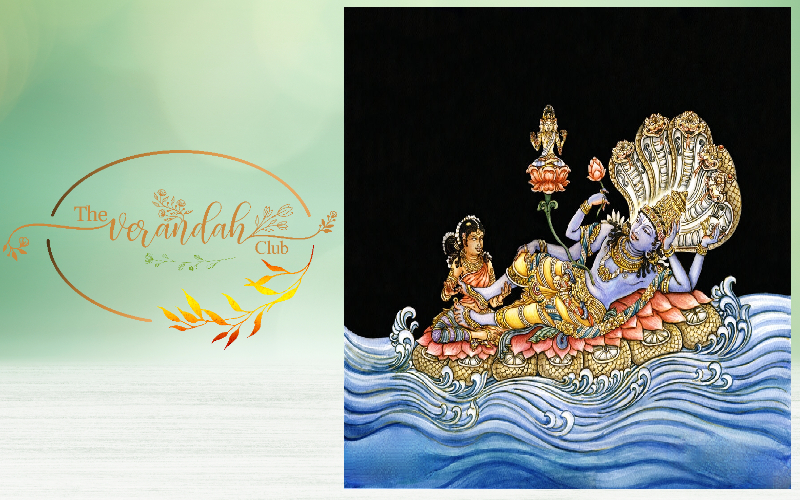
“Bhagavān! Ṣrīman Nārāyaṇā! Even the bird has died. What shall I do? I think that I don’t want an answer for this question. I shall drop it,” sorrowfully says Nārada.
“Nārada, I told you already that you have asked an important question and you must get an answer for it.”
“Okay, Svāmi. As you say it is important, I shall proceed my quest.”
“Good Nārada! Discard that matter. Now listen, there’s a calf which is newly born at that village chieftain’s house. Approach the calf with your question and it shall answer you the best,” Nārāyaṇā answers with a mischievous smile. Nārada leaves to the chieftain’s house immediately.
Hearing the holy chants and seeing Nārada, the chieftain of the village who is seated in the Verandah of his house, pays his obeisance, invites Nārada into his house, and gets him a chair to sit. They discuss about few things, and Nārada finally comes back to his question.
“Dear brother, I hear that there’s a newborn calf at your house. Can I have a look at it?”
“Yes, sage Nārada! Please come, I invite you to see and bless the calf,” says the village chieftain.
Nārada sees the beautiful little newborn calf and calls at it. The calf too turns its head and looks at Nārada with a gentle smile.
He proceeds to ask, “Hey little, cute calfie! Please tell me, what is the benefit that one gains on seeing Sādhu-s, saints, and holy people?”
The calf looks at Nārada steadily, spreads its legs, and falls dead. Nārada runs back frightened to Vaikuṇṭa to ask Mahaviśṇu to stop this play.
He pleads to the Lord, “Hey Āpatbāndhava! Anātharakṣakā! Why is this happening to me? I don’t want to know the answer at all, my dear Lord. I cannot kill lives for getting one answer.” Saying so Nārada gets ready to leave Vaikuṇṭa and marches few steps out.
Before reaching the exit gate he hears a call of the Lord, “Nārada wait! A boy baby is newly born to the King of Kashi. Approach it, and you shall definitely receive your answer.”
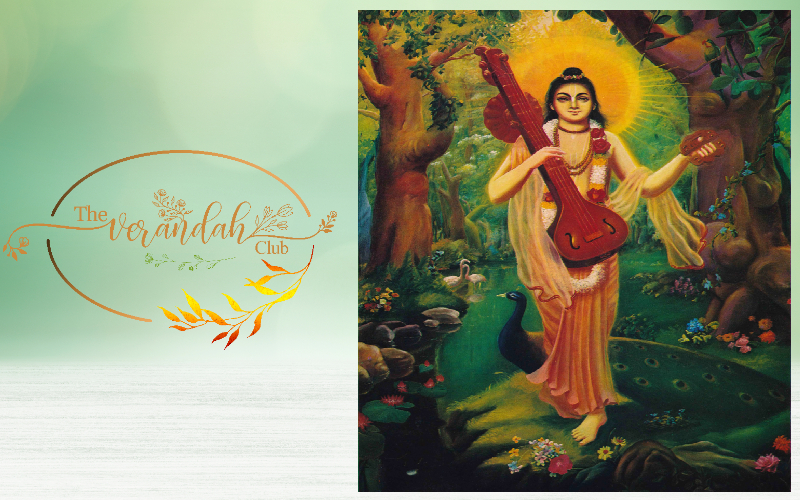
Nārada soon goes to the palace of the King. Being a Devarśi, Nārada is welcomed with all rituals, made to sit on a royal throne, and offered some Prasādaṃ to eat. Then the king politely asks him his purpose of visit.
Nārada replies, “Dear king, I hear that a little prince is born to you. I shall be glad if I can see the toddler once.”
The king readily accepts and requests the sage to bless the child. Although, he is frightened on recollecting his previous incidents, eventually he gains courage on pronouncing the name of the lord. He sees the child and it smiles at him. He finally asks the child,
“Hey dear child, please tell me, what is the benefit that one gains on seeing Sādhu-s, saints, and holy people?”
The child laughs innocently at Nārada, he takes the child in his hands and embraces it. Within no moment, the child begins to talk. Everyone in the royal room gets astounded at what they saw,
“Svāmī, I was first born as a tiny little worm, as soon as I got the darshan of such a great rishi as you, I died. Although my physical body fell, I gained the merit to be born as a bird. On seeing you in my birth as bird gave me the Puṇyā to be reborn as a calf. Perhaps, again on seeing you in my birth as a calf had given me enough Puṇyā to take this human birth. Only as a human being I can achieve so many things in this world and also achieve Mokṣa. Devarśi Mahān, this is the benefit that one gains on seeing Sādhu-s, saints and holy people.”
On hearing the answer, Nārada is greatly delighted, blesses the child and goes back to Vaikuṇṭa remembering the Lord’s game.
It is God’s grace to get this human birth. The importance of human birth is also propounded in various languages and literatures. Sangam Literature dedicates nearly 3,000 verses on the importance of human life in Tamil. The famous line which everyone remembers is “Aridhu Aridhu MAnidarAdhal Aridhu…” One can find numerous verses enumerating the importance of human life by Malayalam poets like Poonthanam, Sree Narayana Guru etc. Sanskrit literature is filled with it. The Mahābhāratā, The Rāmāyaṇā, The Vedā-s, The Upaniśad-s, and the Works of Ādi Ṣaṅkarā, explains human life and its importance. It is said, “Tatrāpi Janma Ṣatakotiśu Mānavattvaṃ” which means only after so many lives of constant births and deaths that we have gained this human body. So, let us use this human birth to achieve, do good to others, enjoy, and think about Mokṣa (liberation) by meeting and keeping company of noble people.
“May the Satsaṅgā help us remove our ignorance and help in attaining Mokṣa.”
References:
1. https://www.thehindu.com/news/national/tamil-nadu/relevance-of-sangam-literature-highlighted/article7063419.ece
2. https://www.youtube.com/watch?v=wakLETURI3k&feature=youtu.be
NEXT ARTICLE

At the southernmost tip of this mesmerising ensemble lies the majestic Great Nicobar Island, boasting an impressive landmass of about 910 square kilom...
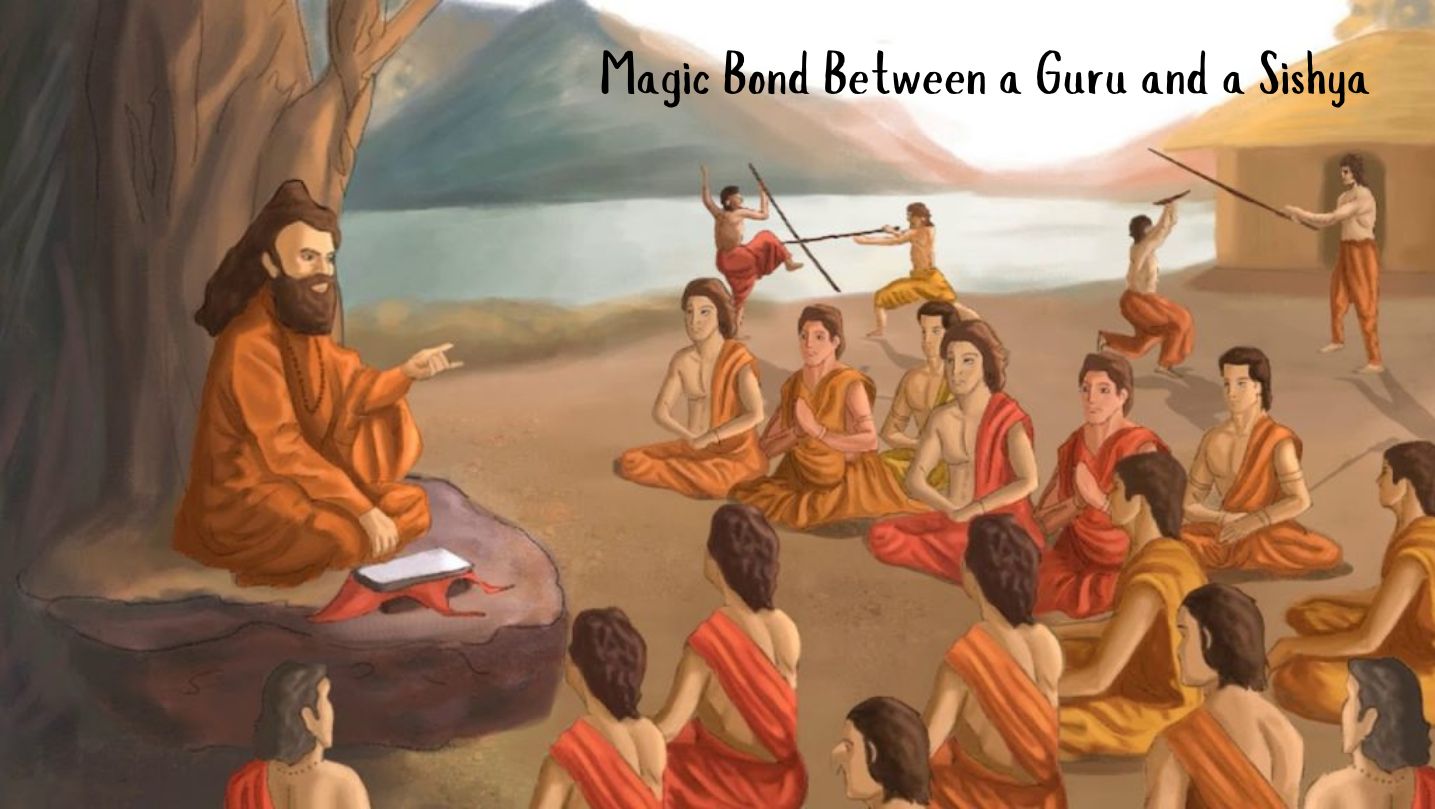
Bharath has always been a land traversed by spiritual masters/ Guru since time immemorial. These spiritual masters have always upheld the core princip...
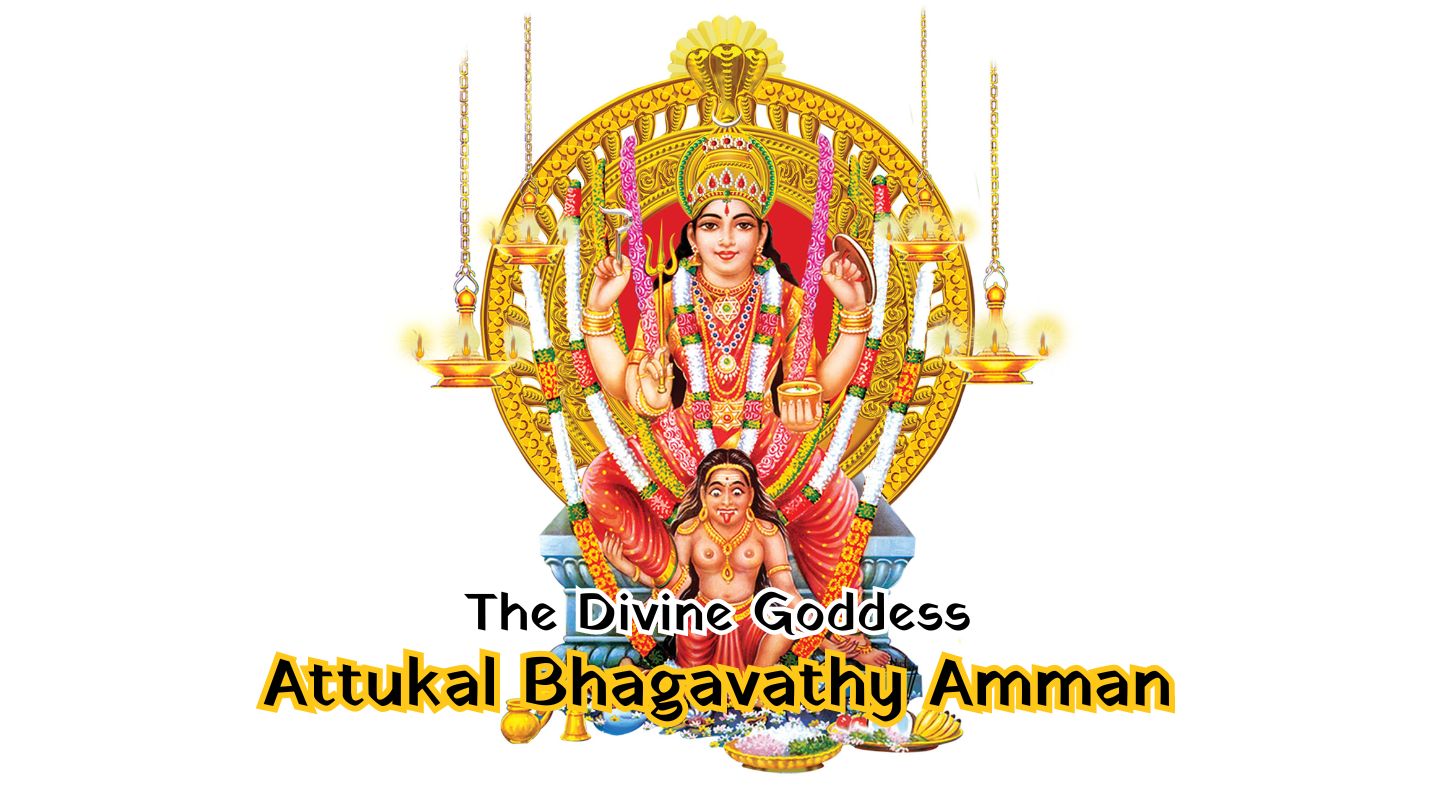
South India contains its fair share of unique pilgrimage centres. These divine places of worship have a prominent Sthala Purana, devoted followers, di...